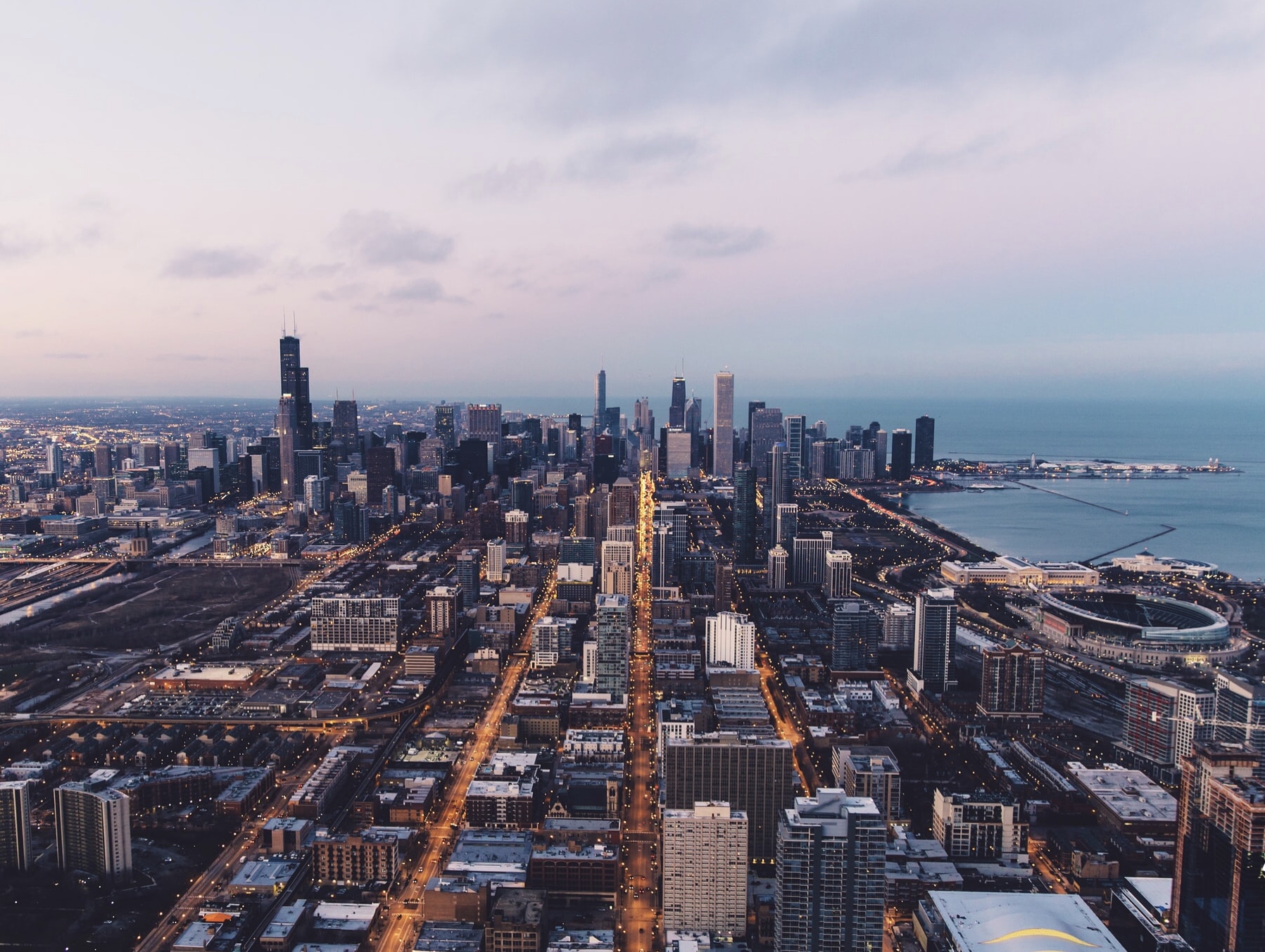 On Thursday, January 16, 2020, the Chicago Urban League Partnership hosted a Census 2020 meeting. The Chicago Urban League (CUL) has actively pursued a comprehensive and accurate account of African-American communities in census data over the past two years. According to the CUL, the undercounting of African-American and other hard to count populations is profoundly concerning and needs to depend on the support from a broad range of stakeholders.
On Thursday, January 16, 2020, the Chicago Urban League Partnership hosted a Census 2020 meeting. The Chicago Urban League (CUL) has actively pursued a comprehensive and accurate account of African-American communities in census data over the past two years. According to the CUL, the undercounting of African-American and other hard to count populations is profoundly concerning and needs to depend on the support from a broad range of stakeholders.
The purpose of the meeting was to provide background information on what is at risk for Illinois residents if an inaccurate count of the African-American community occurs. In attendance were faith leaders and social workers from communities around the Chicagoland area. The Chicago Urban League hopes the forum will help to initiate a collaboration amongst faith leaders, social workers, and the 2020 Census team.
Some of the objectives of the Chicago Urban League are to create compelling reasons to respond to the message shared with communities by developing an outreach plan that is as nimble as the population served, meanwhile dispelling misconceptions about the census and conveying an authentic sense of respect.
Kareem Butler, Project/Policy Coordinator at The Chicago Urban League, says, “Within Cook County, only 71 percent of households self-responded to the 2010 census. In Chicago, the self-response rate was 66 percent.” According to CUL, Chicago ranks number two among Top 10 cities with the highest number and percent of African-Americans, by hard to count (HTC) tract. Chicago is also number two, with 55.0% ranking in HTC for children under the age of five. Stephanie Bechteler, Executive Director of Research and Policy at The Chicago Urban League, says, “Often adults fail to count children in the home if they are not their biological children.”
Butler and Bechteler agree that the significant reluctance for individuals not completing census forms is distrust. Among HTC communities, there is apprehension regarding the use of census data. A fear or skepticism is that census data will be shared with employers, landlords, and other government agencies. Communities with higher levels of contact with the criminal justice system are also more hesitant to complete census forms.
A general concern for the privacy of sensitive personal information is an issue with many communities unfamiliar with the legal protection of data. Communities are concerned about the type of information collected in questionnaires such as addresses, dates of births, and social security numbers.
According to Title 13 of the United States Code, the Census Bureau cannot release any identifiable information about you, your home, or your business, even to law enforcement agencies. The law ensures that your private data is protected and that your answers cannot be used against you by any government agency or court. The answers provided are only used to produce statistics.
Butler stressed the importance of completing the census by stating what is at stake for the state of Illinois, “It can be the loss of at least one congressional seat and about 1.2 Billion in federal funding over ten years.”
Completion of census forms will begin on March 12, 2020. Forms can be completed on-line, by phone, or by mail.
Contributing Writer-Anthony Ellis McGhee